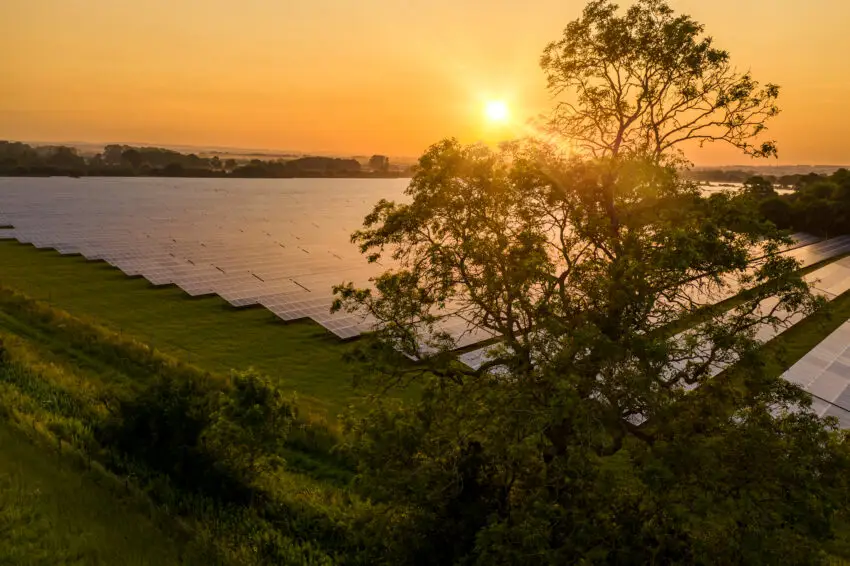Rural councils across England are now mandated to approve more wind and solar farms under new planning rules set by the Housing, Communities and Local Government department. These changes are intended to hasten the UK’s transition to green energy and meet net zero targets.
According to the revised National Planning Policy Framework, local authorities must actively support projects that contribute to renewable and low-carbon energy production. Councils that reject such proposals will face the threat of expensive legal appeals, which developers are likely to win, making it increasingly difficult to block these developments.
The adjustments follow Scotland’s recent approval of the UK’s tallest wind turbines, standing over 823 feet tall, and Labour’s decision to lift the ban on onshore wind farms in England. Under the new regulations, councils must identify suitable areas for renewable energy projects within their local plans and will now be responsible for approving projects generating up to 100 megawatts—double the current limit.
Although planning committees still possess the authority to refuse projects, any rejections are expected to be challenged and likely overturned on appeal. This initiative aims to eliminate bottlenecks in the approval process, which previously necessitated national oversight for projects exceeding 50 megawatts. The planning overhaul is expected to facilitate large-scale wind farm developments across England, akin to those in Scotland and Wales, but potentially utilising much larger machines.
A spokesman highlighted the importance of community engagement in rolling out renewable projects, ensuring local areas benefit from hosting such infrastructure. However, legal experts such as Mustafa Latif-Aramesh noted that these changes would make it significantly harder for councils to reject wind and solar proposals, thus reinforcing the UK’s energy resilience.
Advocacy groups argue that the government should further loosen planning restrictions, proposing that vast areas of the English countryside be automatically deemed suitable for renewable energy projects to streamline the approval process. These groups suggest prioritising sites near grid connections, population centres, and on lower-grade farmland, with Lincolnshire identified as an exemplary location.
Despite the push for renewable energy, certain areas, including national parks and sites of special scientific interest, will remain protected against large-scale developments. Organisations such as Natural England are working to expand these protected areas to safeguard vulnerable landscapes from the anticipated surge in renewable energy projects.
Environmental groups, while supportive of the transition to green energy, have called for careful consideration of the impact on landscapes and wildlife. Kathryn Brown of The Wildlife Trusts stressed the need to build renewable infrastructure in a way that avoids unnecessary harm to nature, reflecting a broader sentiment that the pursuit of net zero must be balanced with environmental preservation.
These new planning rules mark a significant shift in the UK’s approach to renewable energy, compelling rural councils to facilitate the growth of wind and solar projects. The balance between accelerating green energy initiatives and preserving natural landscapes remains a crucial consideration.

